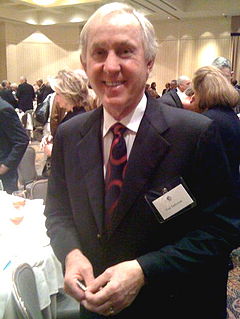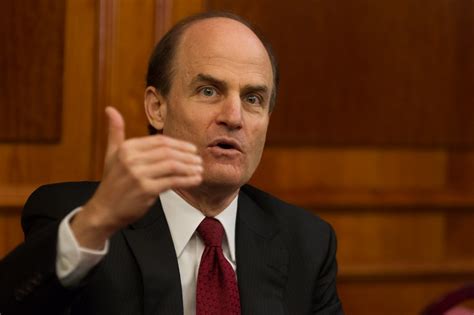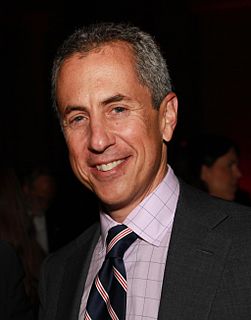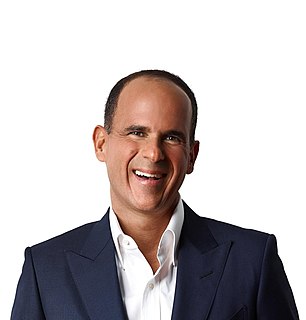A Quote by Jack Welch
Shareholder value is a result, not a strategy?.?.?.?Your main constituencies are your employees, your customers and your products.
Related Quotes
Shareholder value is the result of you doing a great job, watching your share price go up, your shareholders win, and dividends increasing. What happens when you have increasing shareholder value? You're delivering better employees to their communities and they can give back. Communities are winning because employees are involved in mentoring and all these other things. Customers are winning because you're providing them new products.
Entrepreneurship is all about an idea that creates differentiated business value to one's customers. You must be able to convince your customers about the benefits that association with you or your products will give them. People are ready to pay if they are convinced about your services or products.
Products, profits, and paychecks are not enough anymore. These days, society cares how you treat your own workers. Customers want to know you promote the same values inside your walls as you do outside; job hunters want to know you care about them before they send in an application. Your culture is your brand. You need to create an organization where your employees believe in what you do.
Pride is the recognition of the fact that you are your own highest value and, like all of man's values, it has to be earned-that of any achievements open to you, the one that makes all others possible is the creation of your own character-that your character, your actions, your desires, your emotions are the products of the premises held by your mind.
I would tell startups to just keep your head down, keep building. Your contingency plan, if you have one, should be because you are still spending more than you make and you still don't have a line of sight for that J curve. That is the most important contingency. Because otherwise you are betraying that equation to your cofounders, to your investors, to your employees and to your customers.

































